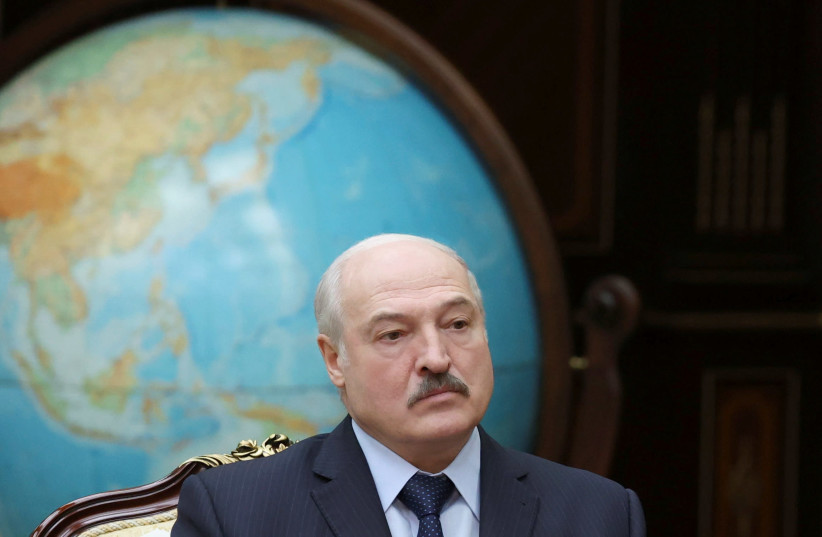Senior religious leaders from the Catholic, Lutheran, Jewish, and Muslim communities in Poland have called on Polish President Andrzej Duda to do more to alleviate the suffering of migrants and asylum seekers currently stuck on the Belarus-Polish border.
Citing Christian, Jewish, and Muslim scriptures, the four leaders adjured the president to provide greater assistance to those caught up in the diplomatic and humanitarian crisis and said Poland had a moral obligation to prevent further suffering.
The signatories include Bishop Krzysztof Zadarko representing the Catholic Episcopate of Poland, Bishop Jerzy Samiec of the Lutheran church, Chief Rabbi Michael Schudrich and Mufti Tomasz Miśkiewicz representing the Muslim community.
“The president and the prime minister should understand that the religious leadership of the Abrahamic faiths in Poland are all concerned and upset by the crisis on the border,” Schudrich said on Sunday.
Following the submission of their letter in November, the leaders met with Minister Bogna Janke of the Presidential Chancellery last Thursday to further voice their concerns.

Belarus, led by dictator Alexander Lukashenko, has in recent months allowed thousands of Iraqis and others to enter the country, and encouraged them to try and enter the EU by helping them reach its borders with Poland and Lithuania.
Those nations have mostly refused to allow them entry, while the Belarusian security forces refuse to let them leave the border region.
Lukashenko is smarting from sanctions imposed on Belarus by the European Union in May after the regime forced a commercial Ryanair airplane en route to Vilnius, Lithuania, to land in Minsk in order to arrest an opposition activist and his girlfriend.
Exact numbers of people on the Polish-Belarus border are not known, but media reports have put the figure at between 2,000 to 5,000 people, with between 15,000 to 20,000 present in the rest of Belarus.
They are currently facing the severe weather conditions of the eastern European winter and lack food and other humanitarian necessities.
At least 13 migrants have died on the Polish side of the border, according to Human Rights Watch, while more have likely died on the Belarus side. Numbers are not known due to the lack of access there for the media and humanitarian organizations.
“People suffer and die on Polish borders. As clergy of the three Abrahamic denominations, and as Polish citizens, we cannot accept the fact that such a tragedy is unfolding before our eyes – a humanitarian catastrophe,” wrote the religious leaders to Duda.
“We are prohibited from this by the unequivocal message of the Holy Scriptures of our three denominations,” they continued, citing the Hebrew Bible, the New Testament, and the Koran.
